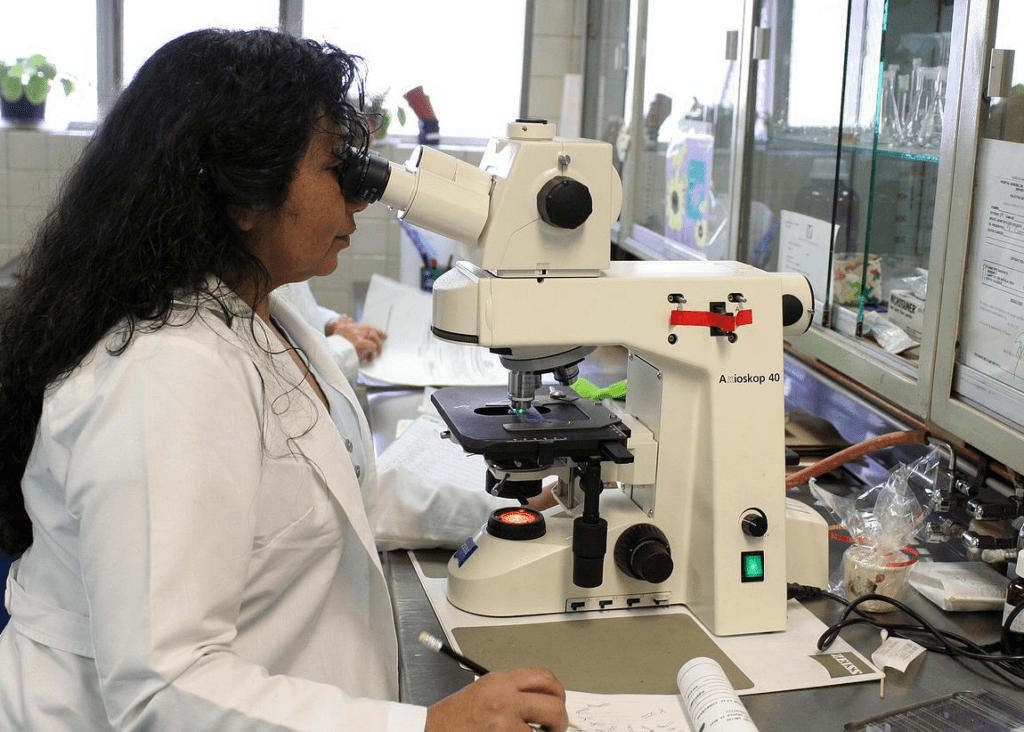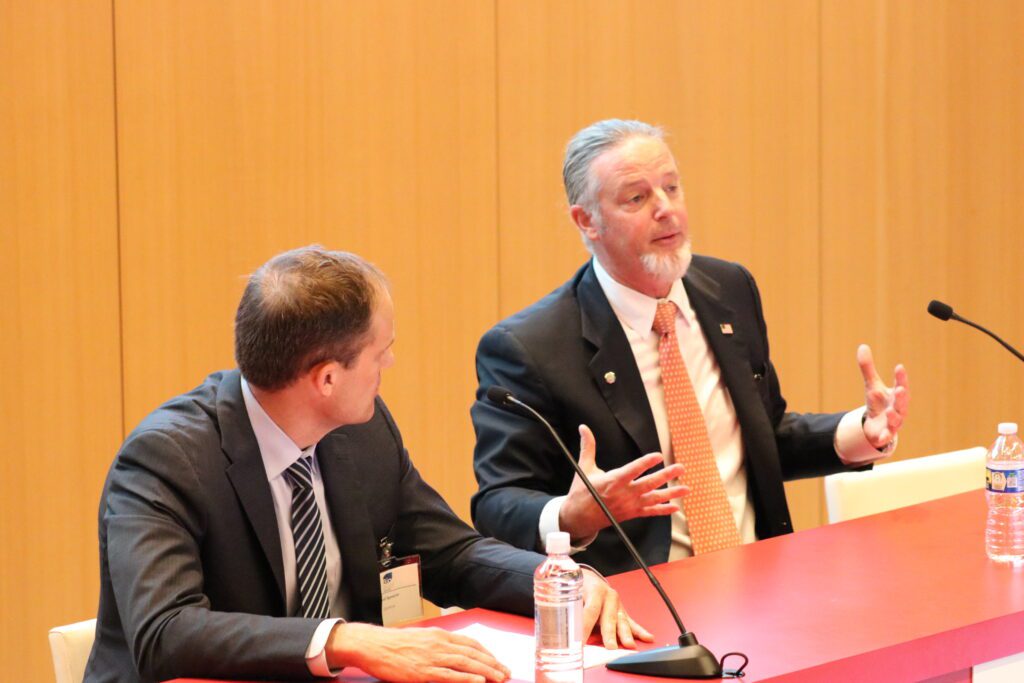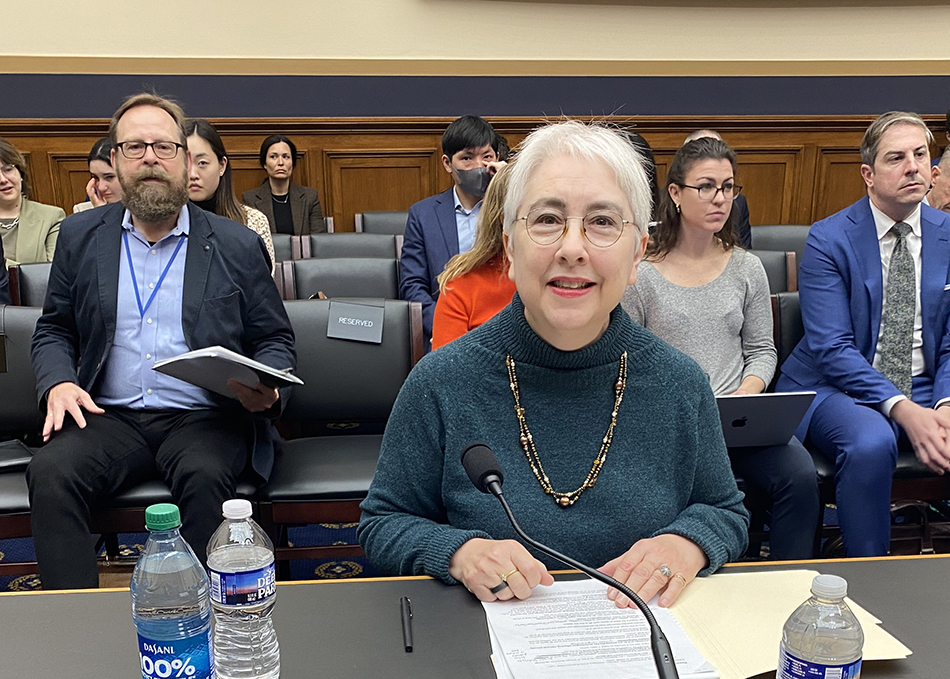A “march-in” petition filed under the Bayh-Dole Act, asking NIH to give competing drug companies the license to produce the prostate cancer drug Xtandi because the price seems high, is not permitted under the act and risks setting a precedent that threatens innovation, said panelists of a Bayh-Dole Coalition video webinar held April 26.
“America is the world’s most innovative nation, thanks in large part to the Bayh-Dole Act of 1980,” according to the Bayh-Dole Coalition. “Unfortunately, opponents of Bayh-Dole and their allies in Congress are threatening this reputation by pressing the Administration to misapply the law so the government can ‘march-in’ to ensure that resulting products are ‘reasonably priced’—a completely arbitrary term.”
The Biden administration is considering a “march in” petition, filed by Knowledge Ecology International, that asks the National Institute of Health (NIH) to “force licensing to additional parties of the prostate cancer drug Xtandi, because of its cost,” explained Bayh-Dole Coalition’s Joe Allen in IPWatchdog.
The Bayh-Dole Act allows commercialization of an innovation developed through research that received Federal funding. It also allows the Federal government to “march in” and take over licensing for the innovation if the recipient of federal funds does not develop the innovation, if there are health and safety concerns, if the innovation is not being used as needed to address an urgent public need, or if the patent does not remain in the United States, according to the text of the act. “In almost 42 years since the enactment of the Bayh-Dole Act, march-in rights have never been exercised,” says the Center for Strategic and International Studies.
Small businesses make big discoveries
If the Bayh-Dole Act is effectively dismantled, the “weight will fall primarily on our nation’s small businesses, which license approximately 70% of university inventions and do so much to make America the undisputed leader in global innovation,” according to the Bayh-Dole Coalition.
“Today, we want to consider the victims if these efforts were ever to succeed would be the entrepreneurial small companies, which drive innovation. Of course, the ultimate victims would be the American people and those around the world whose lives have been made better by Bayh-Dole,” Joseph Allen, Executive Director of the Bayh-Dole Coalition, told last week’s webinar, which was held to coincide with World IP Day. “A lot of people don’t think that, but 50% of our new drugs come from small companies, 70% of our biotech companies are either spin-outs or formed around an academic invention.”
“If it wasn’t for Bayh-Dole, I probably wouldn’t have my job, and nobody else at my university would be able to do what they’re doing today,” said Joy Goswami, Assistant Director of Technology Transfer and Corporate Partnerships in the Office of Economic Innovation & Partnerships at the University of Delaware. He told the panel that the law has allowed dramatic improvement by supporting “innovations coming out of academic laboratories and institutions into the forefront, into the commercial pipeline.”
The law has done much good, and it needs protection, said Karen Kerrigan, President & CEO of the Small Business & Entrepreneurship Council. “The unraveling of Bayh-Dole, and what that would do from an IP perspective, would just be devastating. I think, for many of these startups in small businesses, the money would definitely go elsewhere,” she said during the panel.
Misconception on drug development
While Bayh-Dole impacts drug development that is made through NIH-funded research, the majority of the development costs are generally borne by private companies, and those companies need to be able to rely on intellectual property protection and market-driven innovation, the panelists agreed. They said people who petition for march-in orders do not understand drug development.
“There have been a lot of conversations within hearings and in Congress about who develops drugs.” John Stanford, Executive Director of the Incubate Coalition told the webinar panel. “We noticed that some policymakers were misinformed that a drug might come ready out of the NIH. That completely overlooks the role of small businesses, entrepreneurs, and scientists that are inherently diverse, and that rely on the capital of folks like incubation members in order to move their mission and vision forward.”
As Peter Falzon, President & CEO of Ripple Science, told the panel, “Drugs or technology, whether it’s devices or in the case of virtual science software, doesn’t come out of the university, ready for the market. There is a long and expensive process to take technology that is patented at a university and bring it to market.”
He added: “One of the great things about Bayh-Dole is that it has set up a system that allows the university to license their technology and allows the companies that license that technology to still be competitive and therefore go out marry the grants funded investment that went into the technology initially, with the venture and other forms of private capital that take it from a university setting out into the marketplace.”
Uncertain future
While the fate of the latest march-in petition is uncertain, advocates for the Bayh-Dole Act have reasons for hope. For one thing, NIH has historically rejected march-in petitions that are based on price, including for this very drug. Now, NIH has further delayed its review of this petition, Endpoints reported this week.
If the NIH does not take up the petition, and they choose instead to keep Bayh-Dole intact, that would be good news for innovation in America, Allen of the Bayh-Dole Coalition said during the webinar. “U.S. patenting rates were declining between 1950 and 1980, which is the Bayh-Dole past. However, after the passage of Bayh-Dole and the creation of the Court of Appeal for the Federal Circuit, which restored our faith in the patent system, the number of U.S. patents skyrocketed,” he said.




